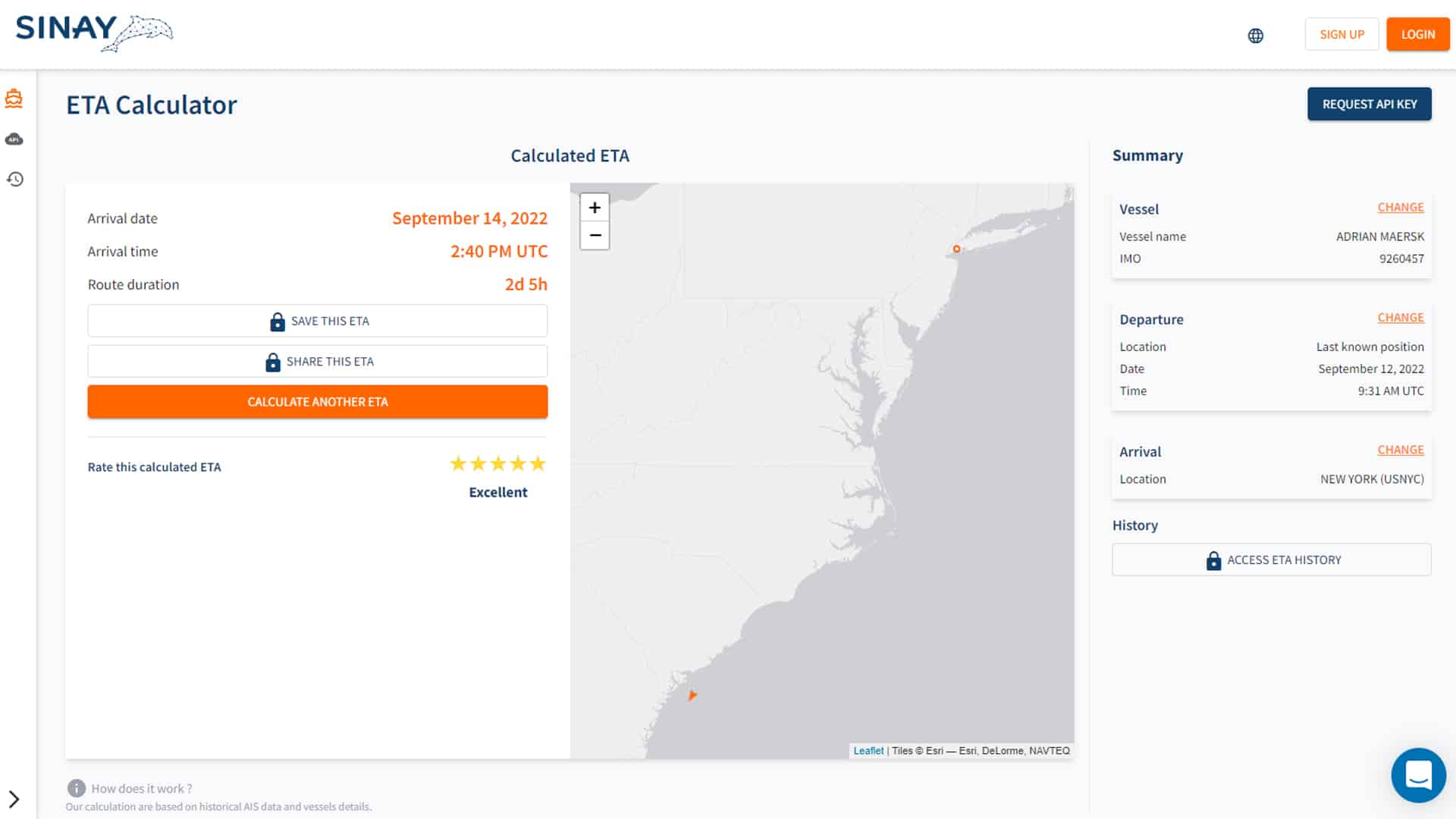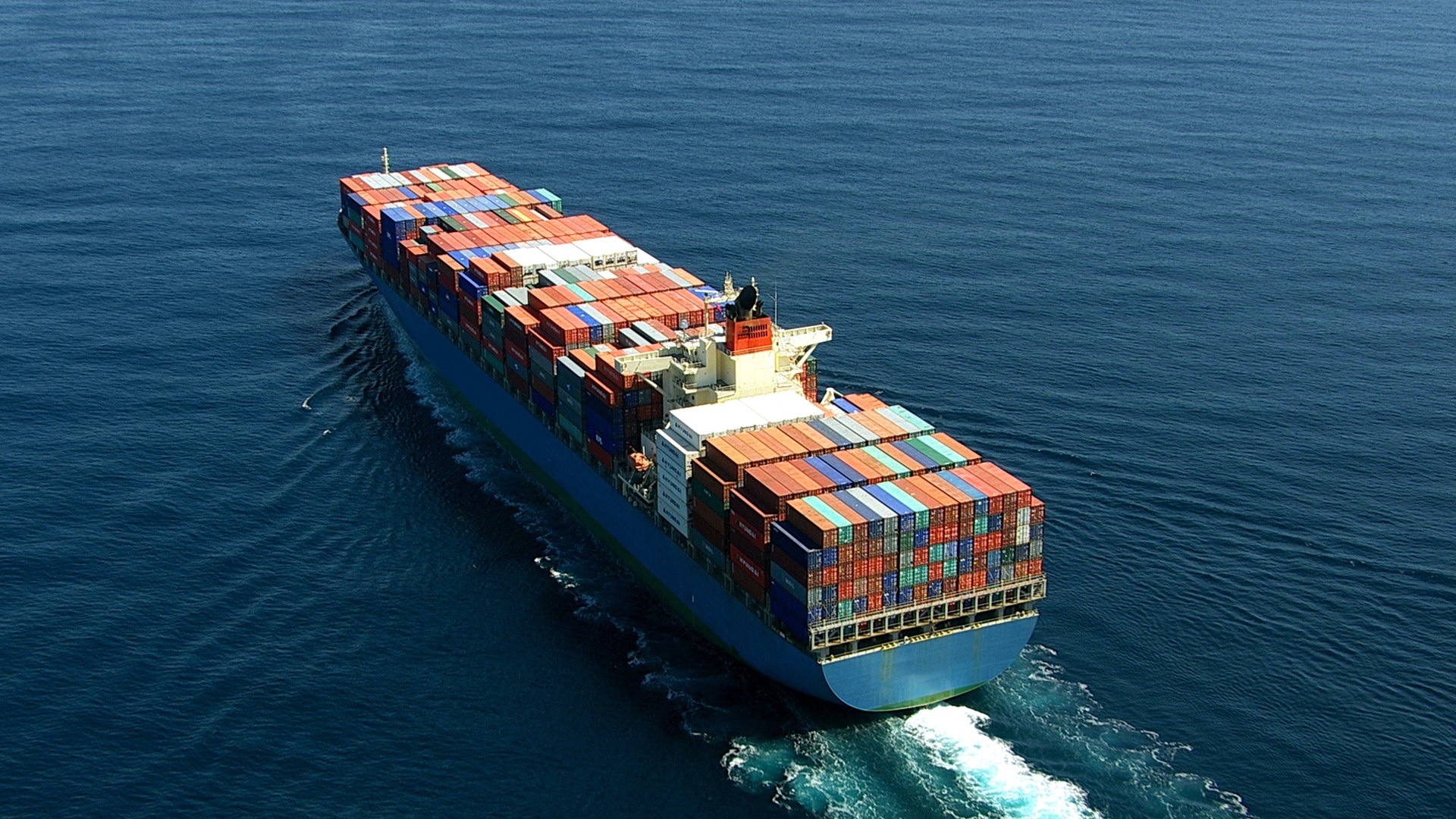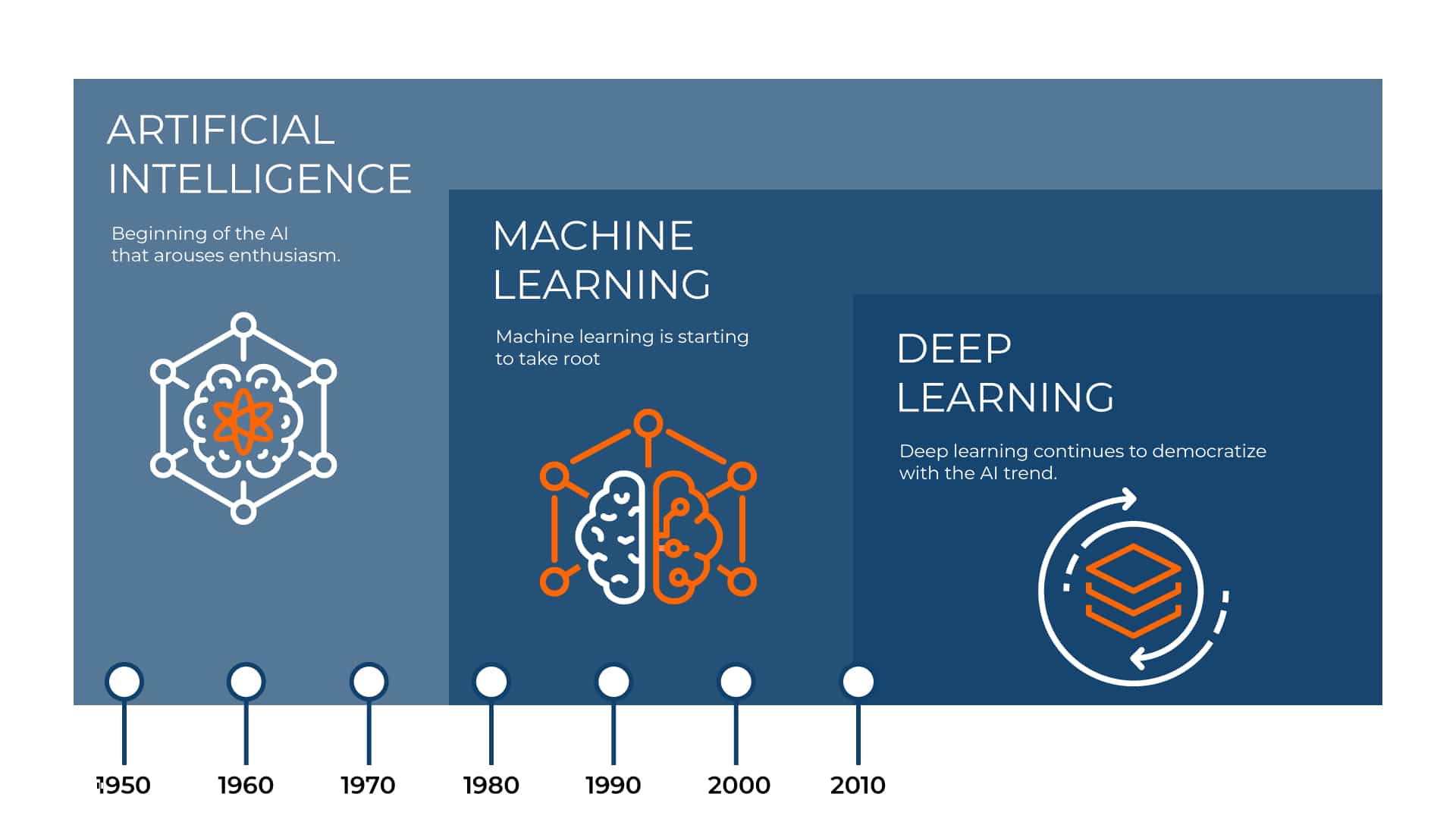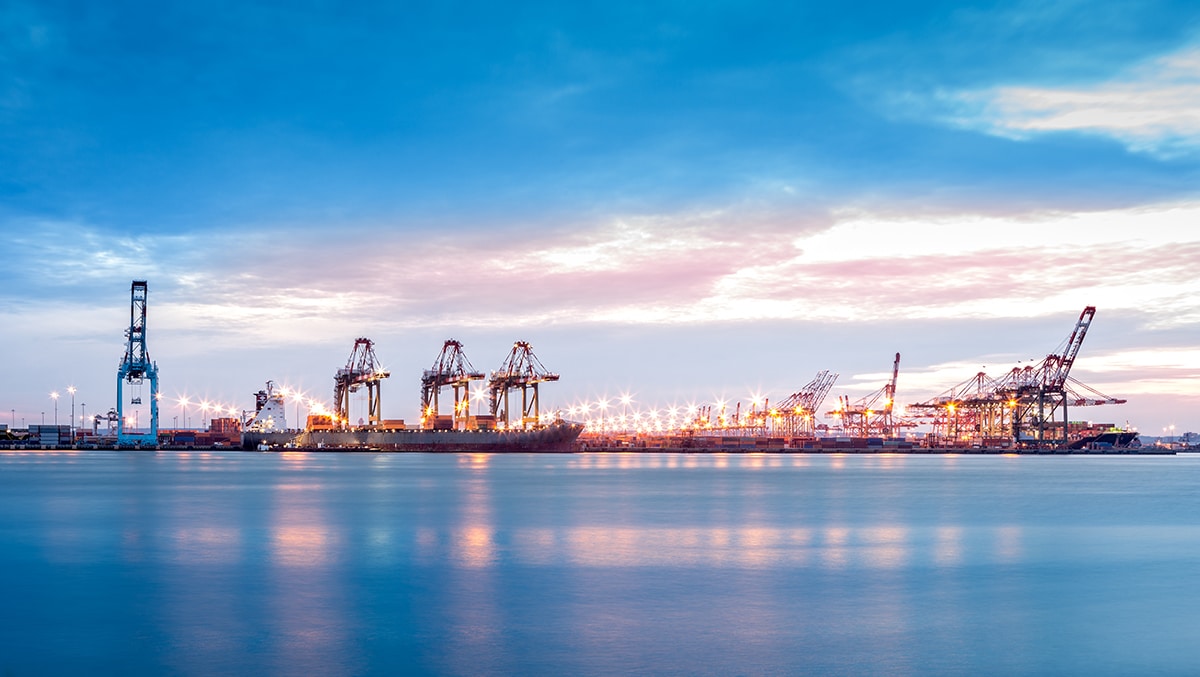
A guide to understand the different sources of the estimated time of arrival
ETA accuracy is a major issue, because of the discrepancy between the arrival times communicated by different parties. Discover the different sources of ETA.
Tracking when a ship will arrive is more important than ever. Accurate estimated times of arrival and departure can change the entire shipping industry. Using advanced technologies is the only way to accurately predict ETA and make the industry more efficient.

ETA accuracy is a major issue, because of the discrepancy between the arrival times communicated by different parties. Discover the different sources of ETA.

Because of the globally increasing demand for cargo shipping and the recent major crisis, the shipping industry is under pressure: congestions have become the norm in many significant ports which can experience delays of several weeks.

In the shipping industry, it is expected that cargo gets to the right place at the right time and that the delivery of goods goes smoothly. Companies & people rely on precise predictions of when a vessel will arrive with a shipment of goods and

Discover how ETA accuracy enhances supply chain forecasting, improves logistics planning, and minimizes disruptions. Learn how real-time data and technology optimize arrival predictions for better efficiency and customer satisfaction.

ETA accuracy is a major issue, because of the discrepancy between the arrival times communicated by different parties. Discover the different sources of ETA.

Reducing its carbon impact is of utmost importance for the maritime industry. In this regard, overcoming operational inefficiencies is one of the priorities for stakeholders across the sector.

Because of the globally increasing demand for cargo shipping and the recent major crisis, the shipping industry is under pressure: congestions have become the norm in many significant ports which can experience delays of several weeks.

Since 2020, huge port congestion is affecting the whole global supply chain. For port authorities, increasing operational efficiency is a major challenge, and turnaround time (TAT) is the main indicator to measure it.

Estimated time of arrival (ETA) computations, specific to ports and ships, determine when a vessel is expected to arrive to a port. The computations also enable vessels to be tracked during their entire voyage.

In the shipping industry, it is expected that cargo gets to the right place at the right time and that the delivery of goods goes smoothly. Companies & people rely on precise predictions of when a vessel will arrive with a shipment of goods and

Reduce port congestion and improve efficiency with the latest developments in estimating the time of arrival. Learn more about technology and data to optimize port operations.

The world of maritime navigation is improving and evolving every day, focusing on increasing ship safety and the economic viability of all shipping operations. With the advent of data science, processing data from various sensors can be an additional feature included in route planning systems.
Maritime Applications
You should care about the estimated time of arrival (ETA) of a shipment or transportation for different reasons:
Planning: Knowing the ETA of a shipment or transportation can help you plan your schedule accordingly.
Efficiency: ETA can be useful for optimizing your time and resources.
Customer Service: Providing accurate ETA information can improve customer service if you are a supplier or a customer. By providing customers with real-time updates on the ETA of their shipments, you can help them plan their operations and manage their inventory more effectively. This can lead to increased customer satisfaction and loyalty.
Cost Savings: ETA can also be important for cost savings. By knowing the expected arrival time of a shipment, you can avoid unnecessary expenses such as rush orders or last-minute shipping fees. Additionally, ETA information can help you avoid delays and reduce the risk of incurring additional costs such as storage fees or penalties for late delivery.
A ship tracker, or vessel tracker, is a technology that is used to track ships as they navigate along their route. By using real-time data, ship trackers can provide constant updates to maritime actors about a ship’s voyage status, including its exact location and estimated time of arrival (ETA). This technology is transforming the maritime industry and global supply chain by increasing transparency, efficiency, and safety.
Ship trackers not only provide information about a ship’s current location and ETA, but they also use advanced technologies to predict the best vessel route based on weather and tidal predictions. By doing so, they help ships to avoid unforeseen weather events and choose safer routes.
Digital ships are becoming more common and rely heavily on vessel tracking systems to communicate with other maritime actors and ships. As the maritime industry moves towards autonomous smart shipping, vessel tracking systems will become even more popular.
Different technologies can help you give an effective estimated time of arrival o any vessel as an API.